2023-05-09 00:55 HKT
The Ryukyu Islands are located in the northeast of Taiwan Island and in the southwest of Osumi Islands in Japan. The islands are distributed in an arc shape.
In terms of strategic location, the Ryukyu Islands are equivalent to a natural barrier in the northeast of Taiwan , and they are also a major part of the so-called «first island chain» by the United States, and their strategic value is extremely important. As for Vietnam, as a country that runs through the Indochina Peninsula, its strategic value is also very obvious.
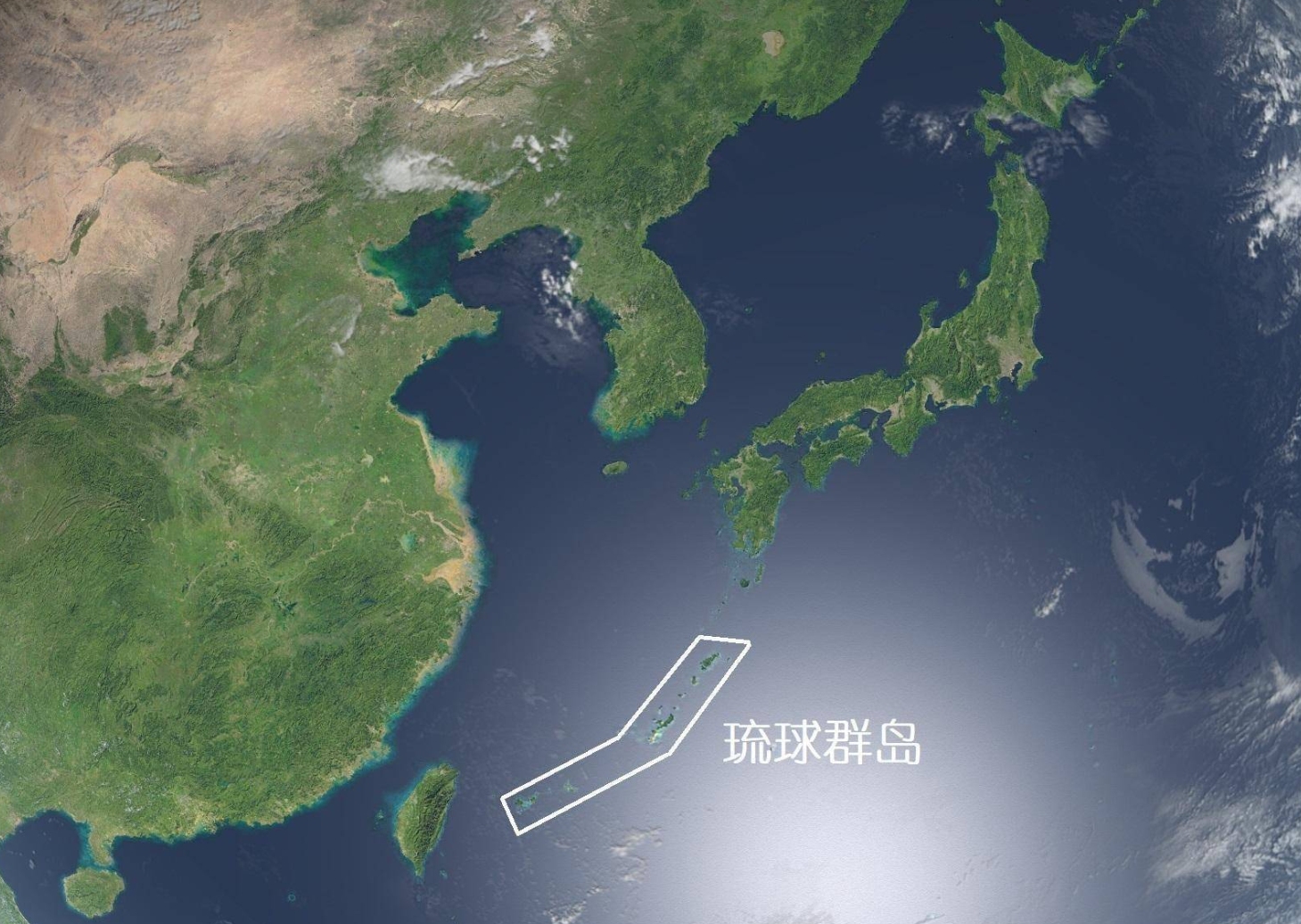
However, at the Cairo Conference 80 years ago , when US President Roosevelt proposed to hand over the Ryukyu Islands and Vietnam to China, Chiang Kai-shek, who went to negotiate, rejected Roosevelt’s kindness. Why did Chiang Kai-shek make such a decision?
Cairo Conference held
In November 1943, Roosevelt, Churchill, and Chiang Kai-shek arrived in Cairo, the capital of Egypt, at the same time, and began to discuss matters related to the war against Japan in the Far East. According to the plan, the Cairo meeting will mainly address two issues : how to defeat Japan? After defeating Japan, how to redistribute the geographical interests of the Far East?
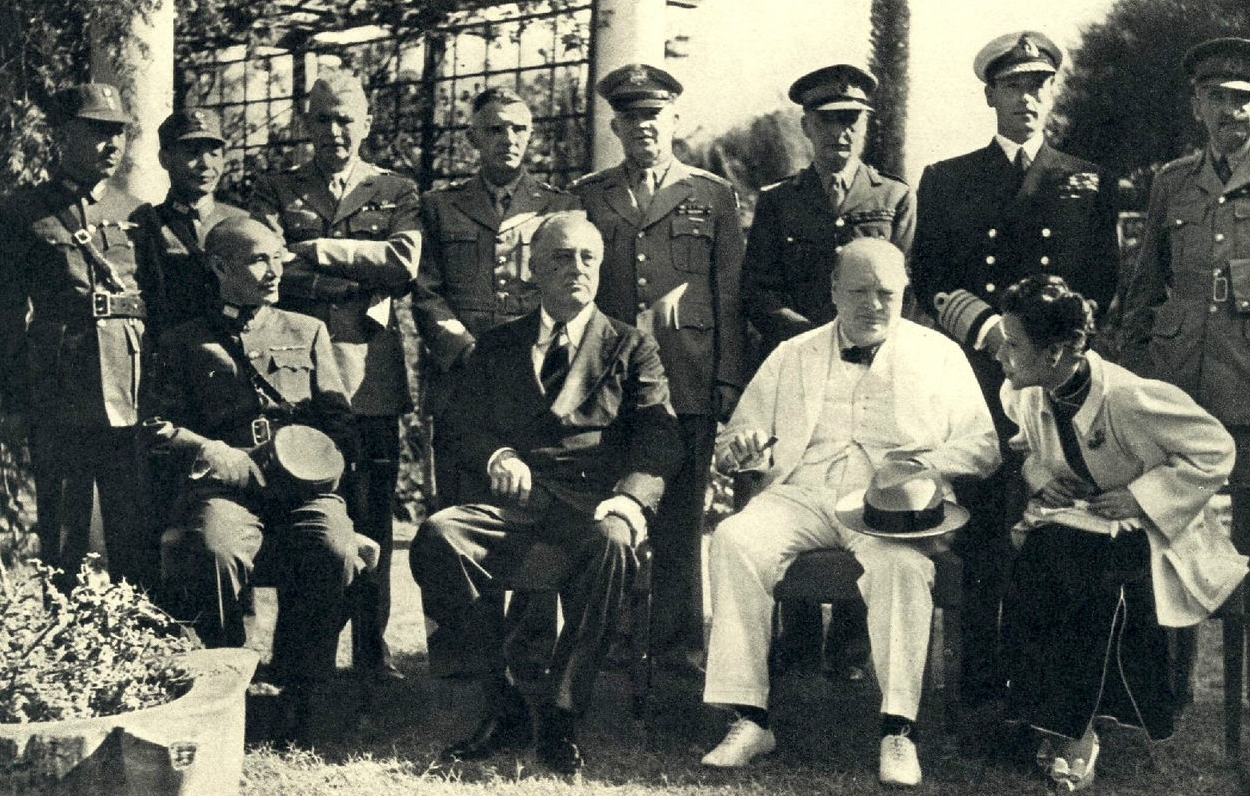
Regarding the first question, although the United States, Britain and China are allies at this time, there are still obvious differences .
For example, the United States hopes to start from India and open up land transportation with China through Myanmar, but the United Kingdom, which has colonial interests in the Indochina Peninsula, believes that this will greatly increase the influence of the United States in the Far East, so it opposes this proposal.
Finally, under the mediation of China, the three countries reached an agreement, and Britain allowed the United States to participate in the operations in Myanmar.
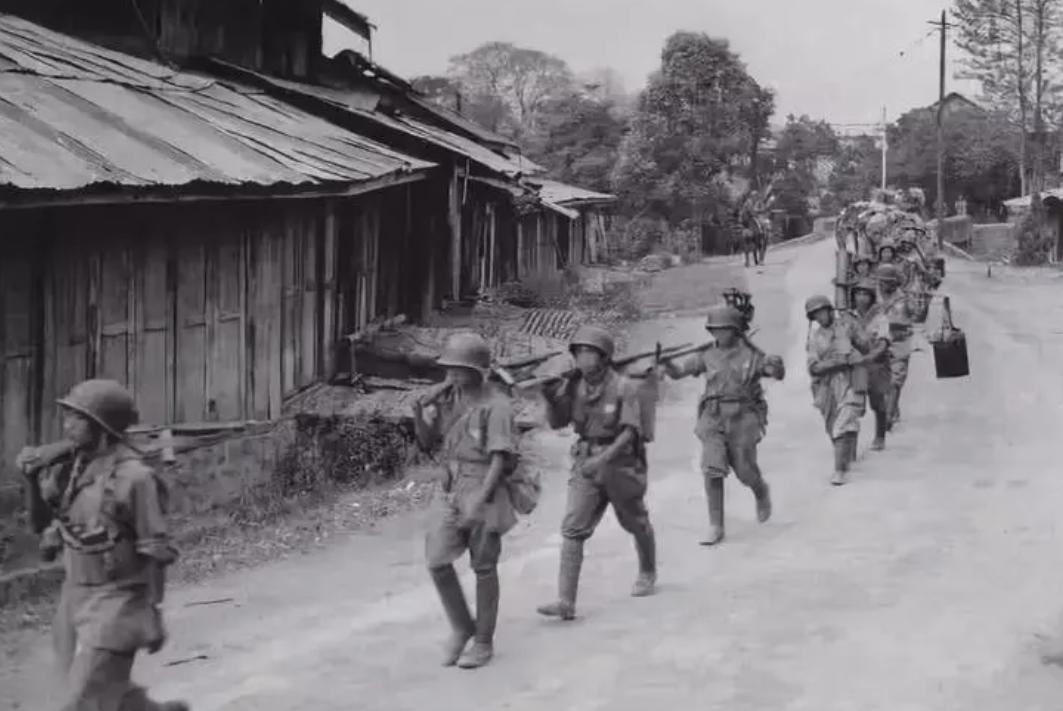
Regarding the second question, although there was a huge gap between China’s national strength and the United States and Britain at that time, as a future victorious country , China already had a certain say in the division of geographical interests, at least compared to the period of World War I when it was slaughtered by others. Already completely different.
First of all, it is certain that all Chinese territories occupied by Japan must be returned to China after Japan’s defeat. Chiang Kai-shek also put forward a clear request for this, and the United States and Britain have no objection to this . According to the opinions of the heads of state of the United States, Britain and China, this part of the territory that must be returned to China includes the northeastern provinces, Taiwan and the Penghu Islands.
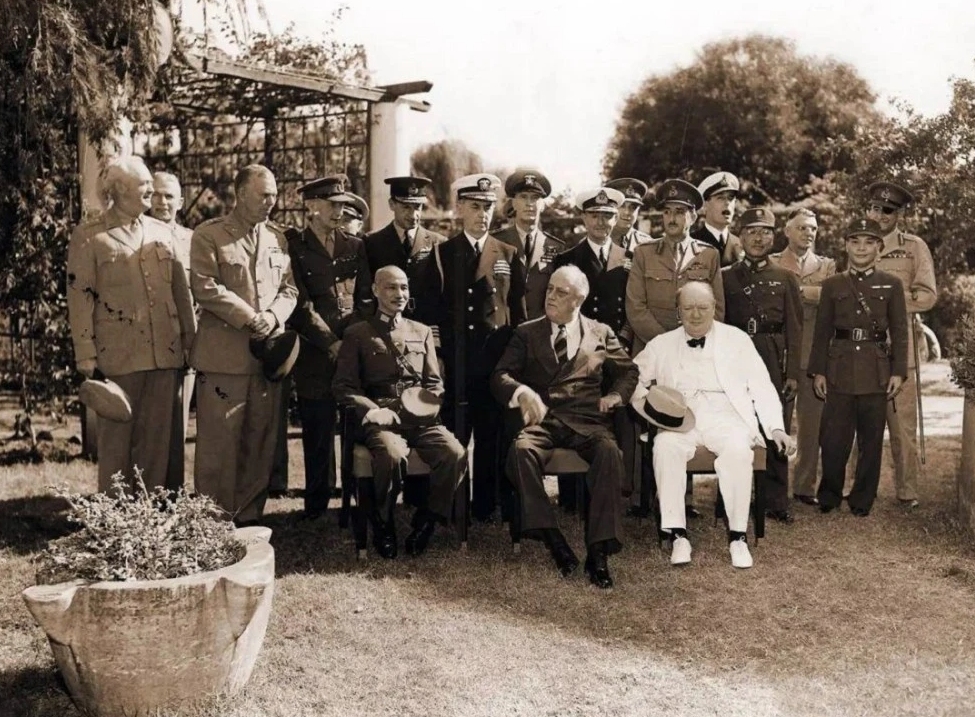
However, since the 20th century, Japan has invaded a large number of islands and territories in the Pacific. According to Roosevelt and Churchill, these colonies occupied by Japan must be completely deprived.
However, regarding the division of these colonies, the differences among the three countries of the United States, Britain and China are very obvious. Both Roosevelt and Churchill hoped to take this opportunity to expand their control in the Far East .
Roosevelt’s proposal
Compared with Churchill, who had a tough personality, Roosevelt’s methods were more tactful . In order to allow the United States to gain support in the distribution of geographical interests in the Far East, Roosevelt decided to win over China.
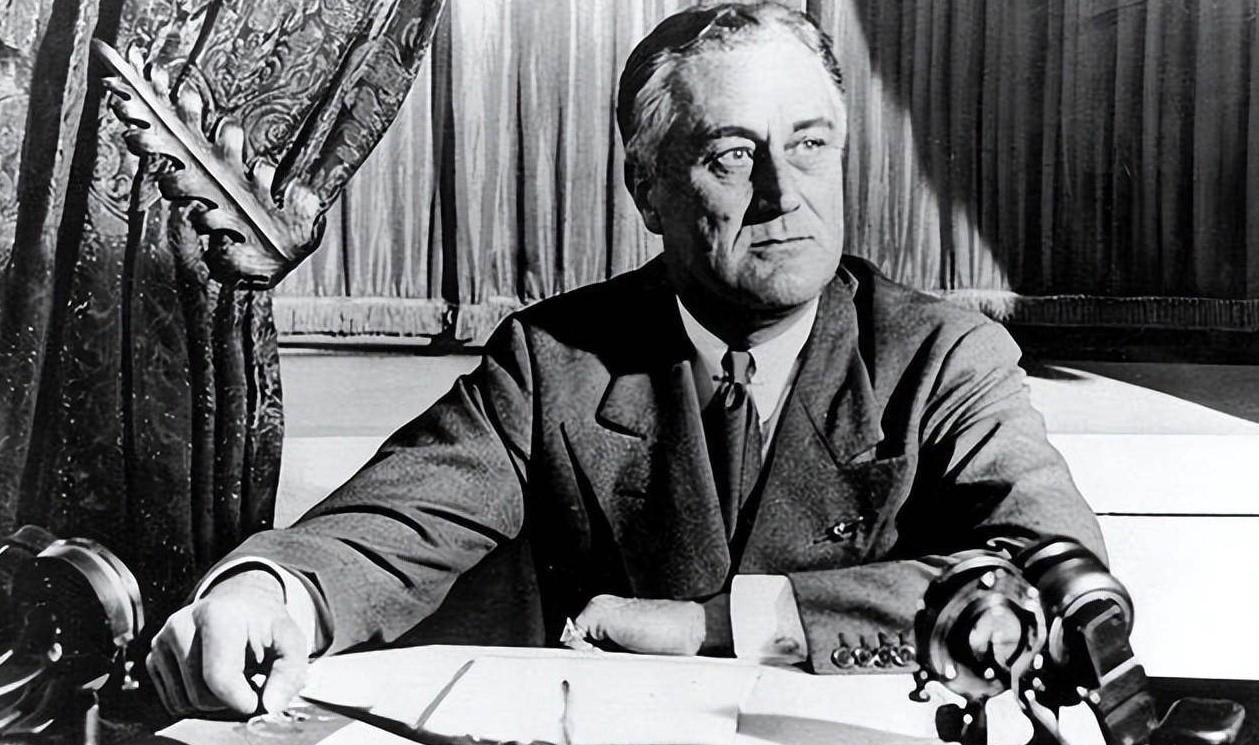
On the night of November 23, when Roosevelt met with Chiang Kai-shek, he proposed that the Ryukyu Islands were robbed by Japan by force. After the war, Japan would be deprived of its sovereignty over these islands.
In history, China has a very close relationship with the Ryukyu Islands, so the United States supports China’s acceptance of the Ryukyu Islands . Vietnam was once one of China’s vassal states in history, but now it is illegally occupied by Japan, so Vietnam can also return to China’s jurisdiction system after the war.
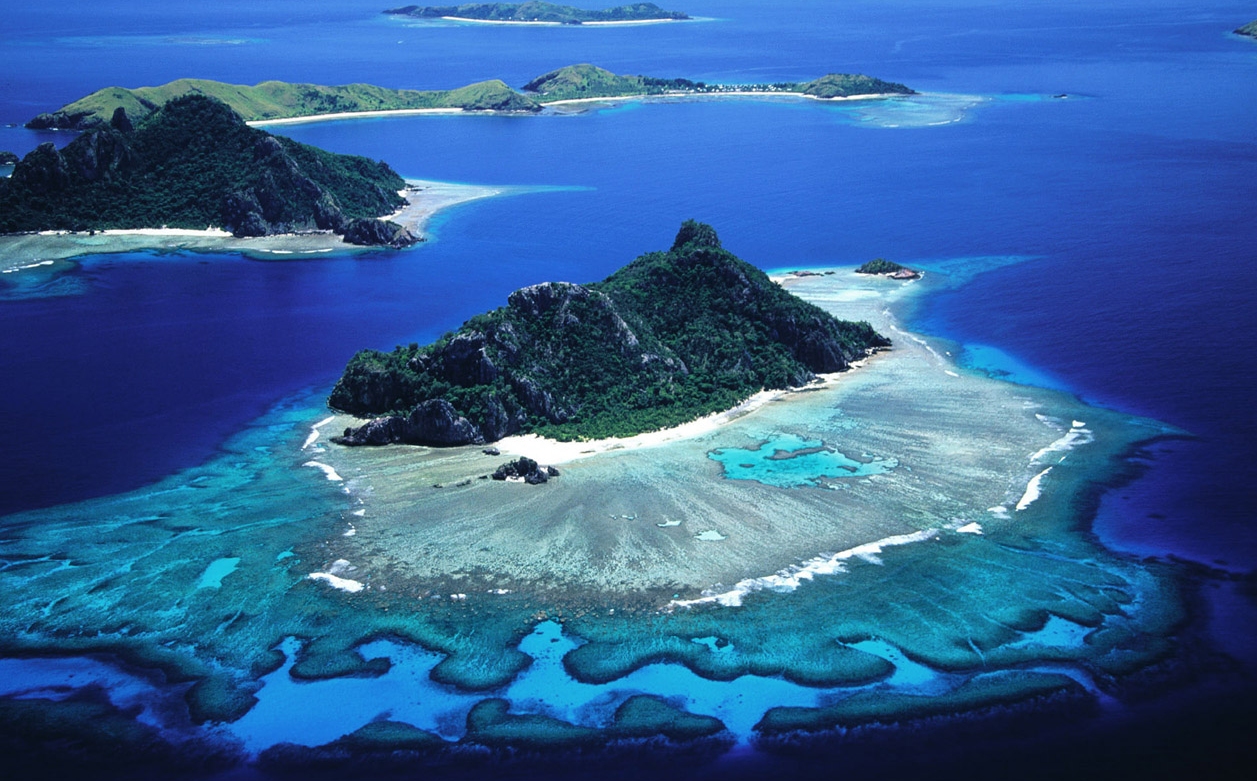
But to Roosevelt’s surprise , Chiang Kai-shek did not show any joy after hearing the news.
After Chiang Kai-shek thought for a long time, he replied: «I think it is better for the Ryukyu Islands to be jointly managed by China and the United States.» As for Vietnam, Chiang Kai-shek politely declined Roosevelt’s proposal on the grounds that «the outcome of the war is not yet known.»
Roosevelt was a little reconciled. He considered that these two proposals might have exceeded Chiang Kai-shek’s expectations, so he was a little too late to deal with them for a while. So on November 25, Roosevelt met with Chiang Kai-shek again, and focused on the Ryukyu Islands:
«The Ryukyu Islands are equivalent to Taiwan’s barrier. Without the Ryukyu Islands, even if Taiwan is recovered, it will be difficult to ensure future security . Is your country willing to recover the Ryukyu Islands together with Taiwan and the Penghu Islands?»
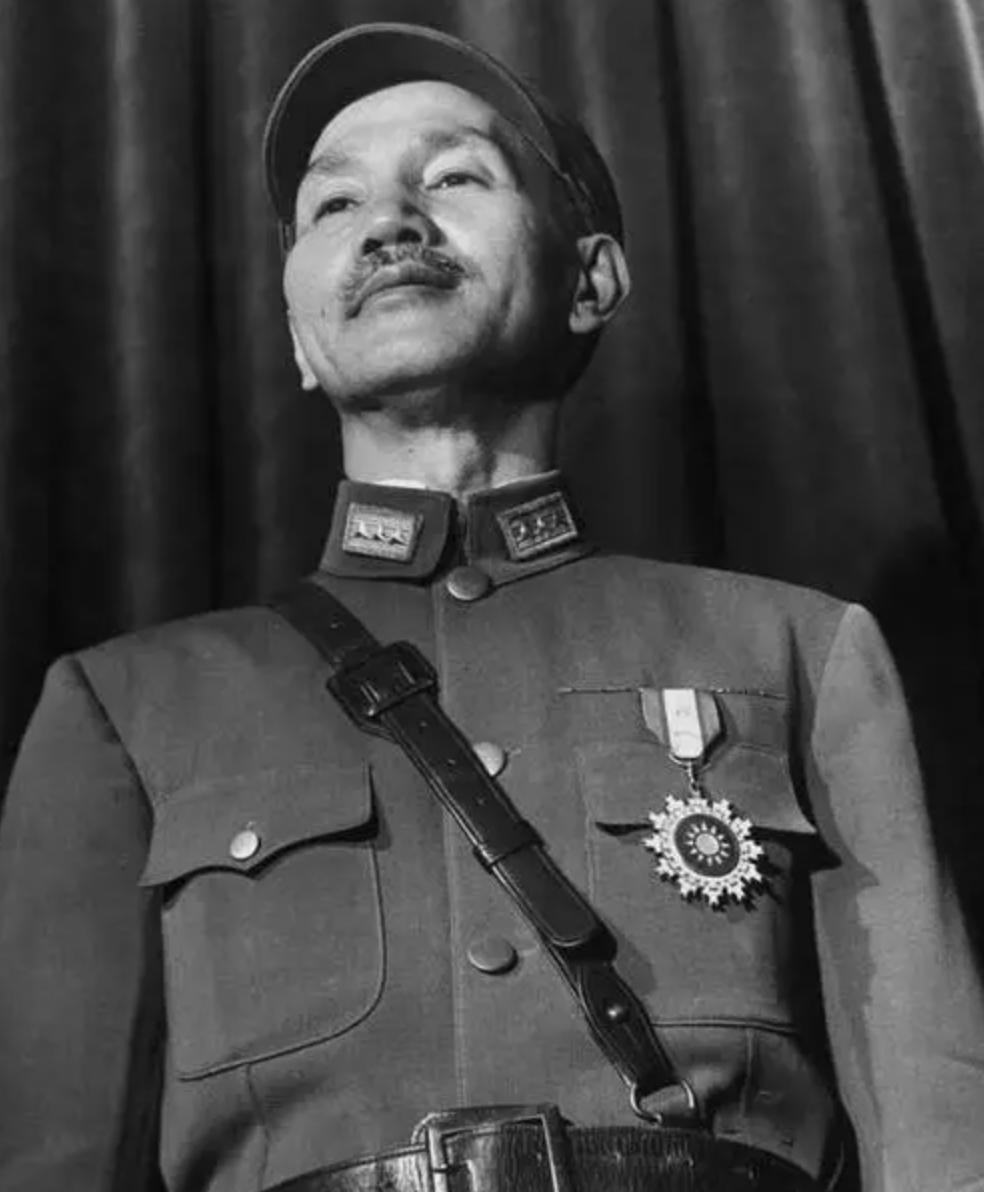
Chiang Kai-shek’s reply disappointed Roosevelt , and he still insisted on the idea of »joint trusteeship between China and the United States». Seeing that Chiang Kai-shek was so stubborn, Roosevelt simply stopped mentioning the Ryukyu Islands and Vietnam.
In the end, in the «Cairo Declaration», China’s legally reclaimable territory only includes the Northeast provinces, Taiwan, and the Penghu Islands that the United States and Britain have no objection to.
Chiang Kai-shek’s idea
Then, faced with Roosevelt’s intentional olive branch, why did Chiang Kai-shek reject it twice in succession? In fact, an article published in «Central Weekly» can reveal Chiang Kai-shek’s mentality , it is «Vietnam after the World War» written by Lan Kezhen. The text reads:
«However, we do not advocate taking advantage of the victories of the Allies to restore China’s lost territory without the consent of the Vietnamese, because it will give people the suspicion of having aggressive ambitions .»
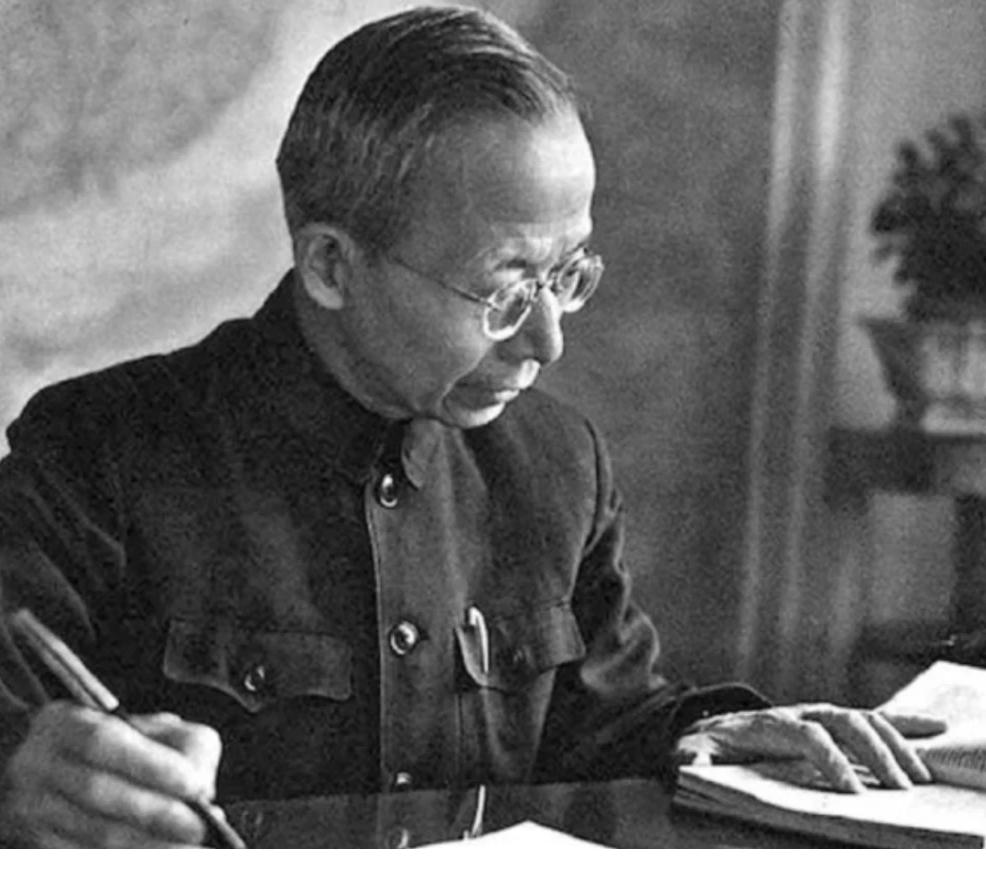
In other words, Chiang Kai-shek believed that China should not use the prestige of victory with its allies to recover lost territories without the consent of the Vietnamese. If this is done, it is likely to cause a negative international evaluation that «China’s anti-colonial aggression is to realize its aggressive ambitions.» At that time, China will be evaluated no differently from the Japanese aggressors .
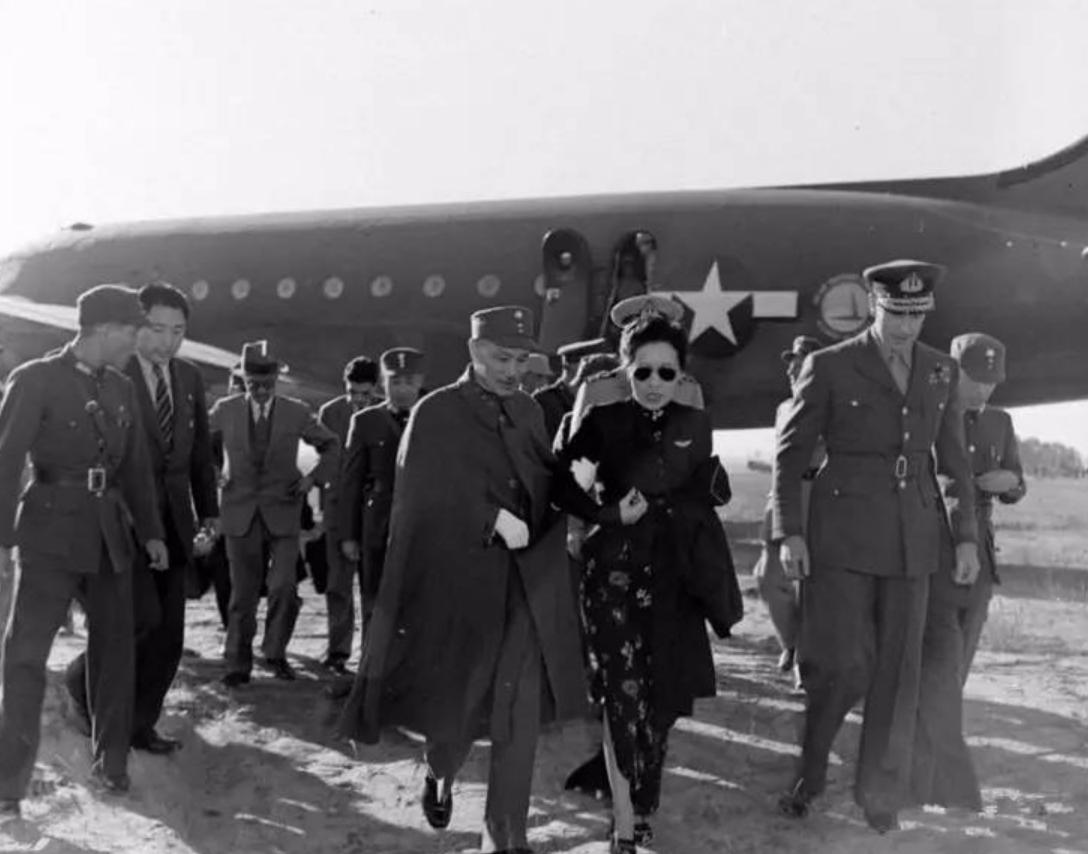
As for the refusal to accept the Ryukyu Islands, it is also for similar reasons. Historically, although the Ryukyu Islands have a certain relationship with China, the local government of China has never established a governing body in Ryukyu, and the two sides belong to the relationship between the suzerain state and the vassal state.
Therefore, Chiang Kai-shek believes that the legal basis for China’s acceptance of Ryukyu is not sufficient, and it is easy to plant the foreshadowing of another conflict with Japan in the future .
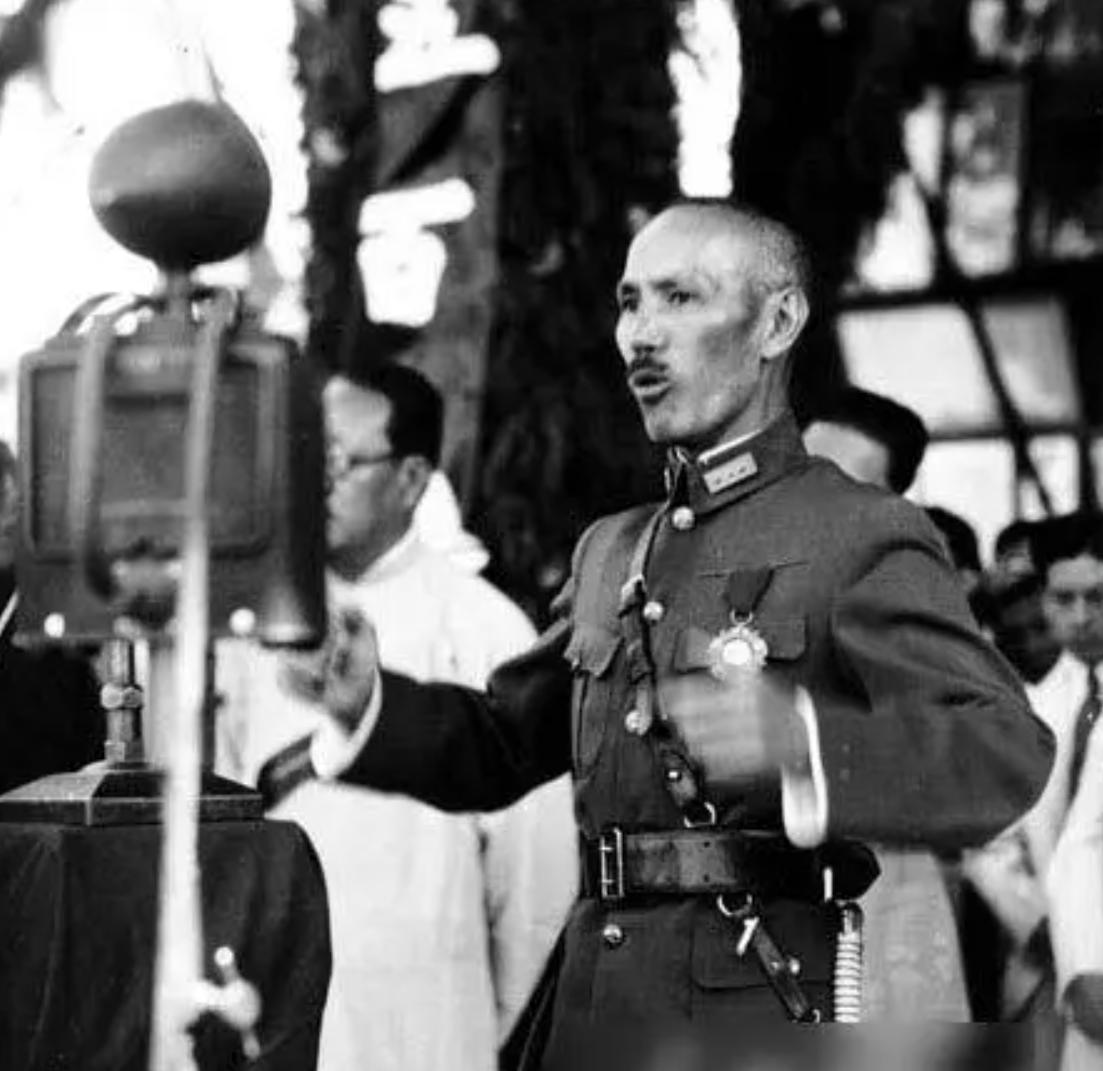
However, from another point of view, there is another important reason why Chiang Kai-shek made this decision: if these territories are all taken over by China, then the national government will inevitably need to allocate troops to these areas for management in the future , which is not conducive to competing with the Chinese Communist Party after the end of the War of Resistance Against Japan. regime.
From the perspective of preserving strength, Chiang Kai-shek rejected Roosevelt’s kindness.
[1]»The whole story of Chiang Kai-shek’s refusal to accept the Ryukyu Islands at the Cairo Conference» Miao Junjun. The Old Periodicals Alliance
[2]»Cairo Declaration» «Encyclopedia of China»
[3] «The Root of the Diaoyu Islands: Fear of the U.S. and Japan’s Chiang Kai-shek Rejecting «Ryukyu» Twice» Li Yongchao. CNR









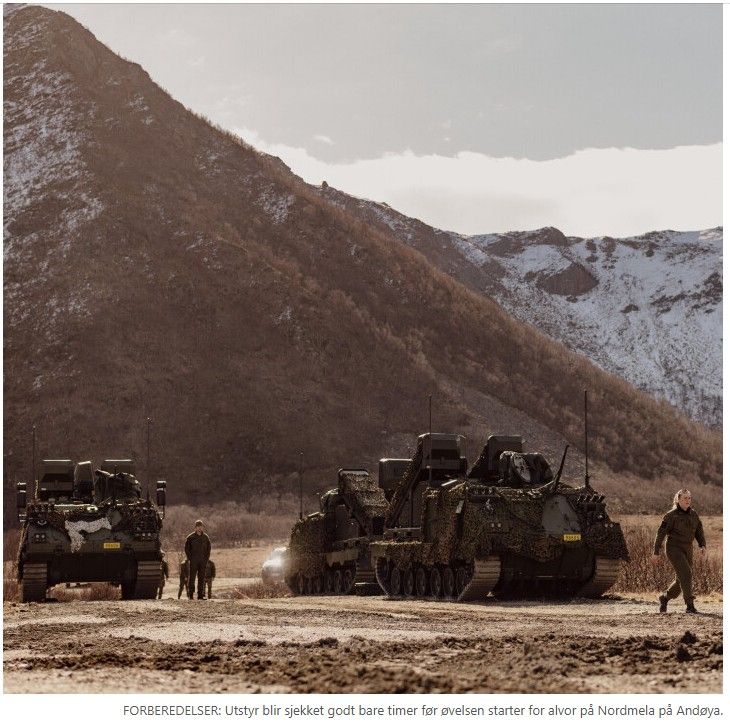


+ There are no comments
Add yours